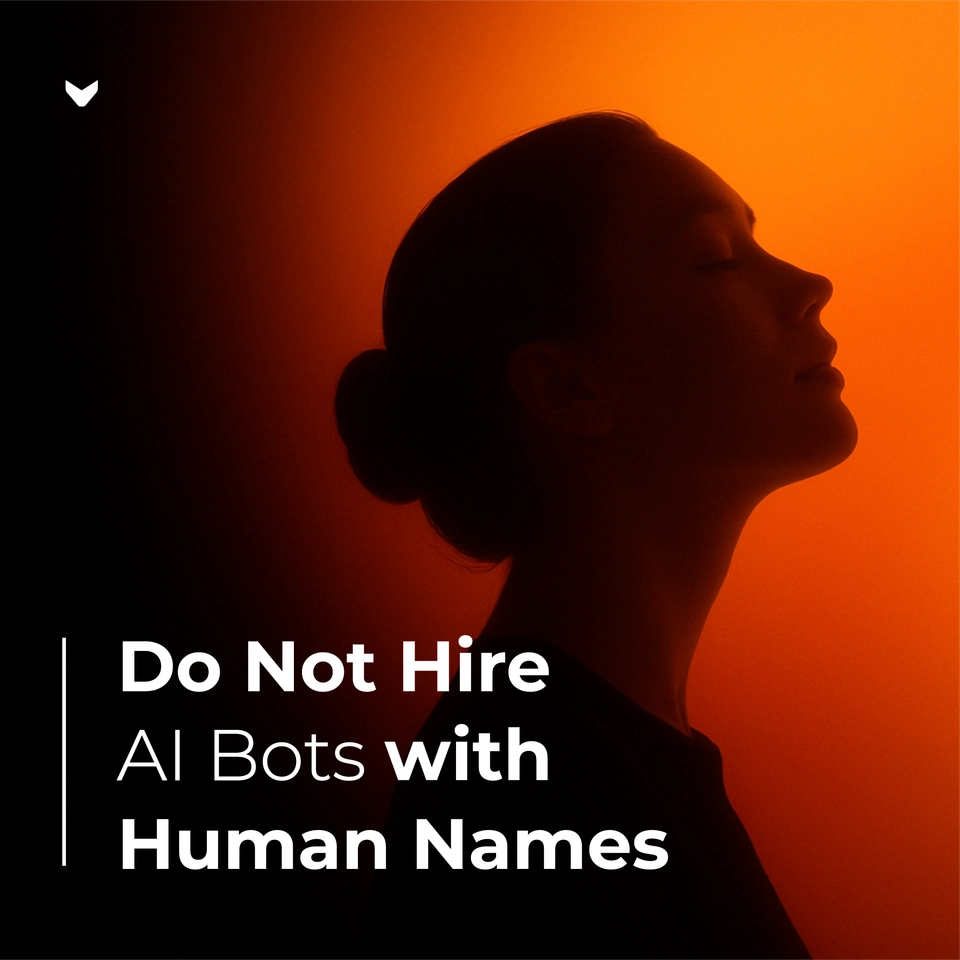- A Global day of recognition
- From the Haymarket Affairs to global movements
- MeVitae at the forefront of Ethical AI
Honoring Workers, Past and Present – International Workers’ Day 2025
A Global day of recognition
Happy International Workers’ Day from the MeVitae team!
Over 160 countries recognize the May 1st or the first Monday in May as a public or paid holiday, with most designating the day to recognize and commemorate historic global efforts for fairness in the workplace.
In many places, today is known as International Workers’ Day or Workers’ Day, in others as Labor (also spelled Labour) Day, or even as St. Joseph the Worker’s Day (in the Catholic Church). Meanwhile, US and Canada celebrate Labor Day on the first Monday in September, albeit for the same reasons.
Whatever the name it goes by, today is more than just a global public holiday: it is a day to commemorate the achievements of workers, trade unions, and reformers in their trials and endeavours for fair wages, decent working conditions, and dignity at work, and to reflect on how we understand fairness in the workplace and the challenges that lie ahead.
From the Haymarket Affairs to global movements
The origins linking this day to the fight for fairness at work lie in the 1886 Haymarket Affair in Chicago. In that year, beginning on May 1st, a general strike was declared for the eight-hour workday. Protests turned violent after a bomb went off on May 4th, leading to a heavy-handed response by the authorities, and the deaths of dozens of innocent demonstrators and influential voices in the labour movement. Their sacrifice became a rallying point for the international labour movement, leading up to the first International Workers’ Day in 1889.
Between 1889 and now, most jurisdictions such as the US, EU, the UK, and Canada have made monumentally transformative progress, enacting a broad range of fairness-related legislation and protections to improve workers’ rights in areas such as prohibiting child labour, pensions and security, health and safety, and the right to strike and unionize, combating various kinds of discrimination, and establishing minimum wages. Of course, there is still plenty of room for progress, and some countries have achieved more protection in some areas than others. (For instance, workers in the US where no paid vacation is guaranteed may be envious to learn that France guarantees over 36 days of paid vacation each year.)
While many of the core sticking points such as racial discrimination and time spent at work remain as relevant in 2025 as they did in 1889, a growing number of issues would be totally alien to the workers who lost their lives in the Haymarket Affair, especially the prospect of their jobs being replaced or radically transformed by artificial intelligence. It is also safe to assume that few of the Haymarket strikers benefited from remote or hybrid working arrangements!
The rise of AI in the workplace has opened doors and improved many people’s experiences at work by reducing dull and repetitive tasks. However, it has of course alarmed many by its capacity to replace jobs and to make important decisions affecting workers, such as recruitment decisions.
MeVitae at the forefront of Ethical AI
At MeVitae, we believe that the most ethical use of AI is one that empowers people, not replaces them. That’s why we built our talent screening solution to be fair, transparent, and anonymized from the start. Designed by neuroscientists, it removes irrelevant information from all HR documents and helps hiring managers focus on skills, not stereotypes. This is our vision of AI done right.
Happy International Workers' Day to everyone!
Stay tuned for our next blog, where we dive into the real meaning of fairness
Start Building a Fairer Workplace With Us
Dive into the future of work with our expertly crafted solutions. Experience firsthand how MeVitae’s AI-driven solutions can make a difference. Request a demo or consultation now.
